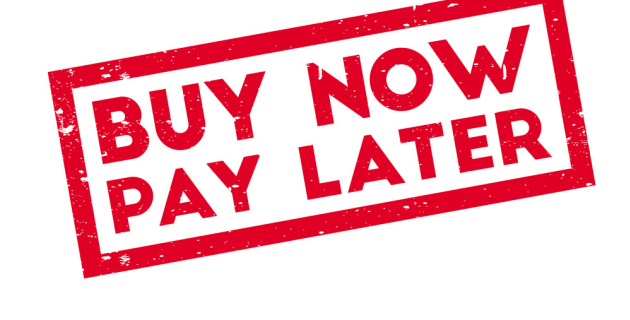When the federal Consumer Financial Protection Bureau (CFPB) announced an enquiry into the US Buy Now Pay Later (BNPL) sector, many were concerned this would be the beginning of the end. In reality, this is likely to see more prominent players taking over the market as smaller concerns are swamped by red tape and regulation. Seen as a means of simply reducing the current exponential growth in the market, the long-term consequences may be couner-productive.
Existing US BNPL regulations
While the CFPB undertakes a review of the Buy Now Pay Later sector, it is worth noting two things:-
• There are no federal laws covering BNPL
• There are state laws covering BNPL
Follow the money. It is worth noting that between January 2020 and July 2021, the US BNPL sector grew by 230%. It now accounts for 2.4% of all online sales and a staggering 12% of online fashion spending. Positioned just below the five instalment limit for further regulations, it seems that the big players now want a share of the action!
We are already seeing the likes of Apple taking a position to grab a significant share of this market from their loyal customer base. Indeed, as we enter what looks like a recession in the US and further afield, this may be the ideal way to maintain Apple sales during these difficult times.
US court cases
When industry giant Klarna was sued in a California class-action last year, this upset the apple cart to a certain extent. What had previously been a long runway, with no obstacles, to a considerable market share, was suddenly under threat. The reason for this class-action would appear superficial to many people. The fact that customers may incur overdraft charges if their direct debit BNPL payments took them into an unauthorised overdraft. Surely there comes a point when people need to take responsibility for their own actions?
Ironically, introducing new regulations (although many believe this to be unlikely) could protect the industry from further court action. It would lay down a marker for business and consumer regulatory protection. While also ensuring the Buy Now Pay Later companies disclose the relevant information.
Small predatory lenders could be squeezed
It is ironic, but many companies that helped put the BNPL industry on the map in the US are now described as “predatory”. In a similar fashion to what we saw with electronic cigarettes, regulators and large companies ignored them, ridiculed them, tried to regulate them and then took them over.
We know that the many US and global banks are looking to introduce BNPL services into their current offerings. They have the firepower, but not necessarily the reputation, and are often seen as opposed to new technology. In contrast, the new kids on the block are very flexible and open-minded. So, on that basis, the US authorities may be paving the way for larger companies to become involved. However, they won’t have it all their own way.
Conclusion
Ironically, the Buy Now Pay Later sector has been around for over a decade. However, it only came to life amid the pandemic and a massive increase in online spending. This obviously caught authorities in the US and globally off-guard and they are now behind the curve. This is all very similar to the electronic cigarette revolution. Even today, despite big pharma companies investing vast amounts of money, they are struggling to control electronic cigarette companies.
Could US banks suffer from the historic reputational damage and mistrust amongst the public that saw big pharmaceutical groups struggle to control the e-cigarette revolution?



